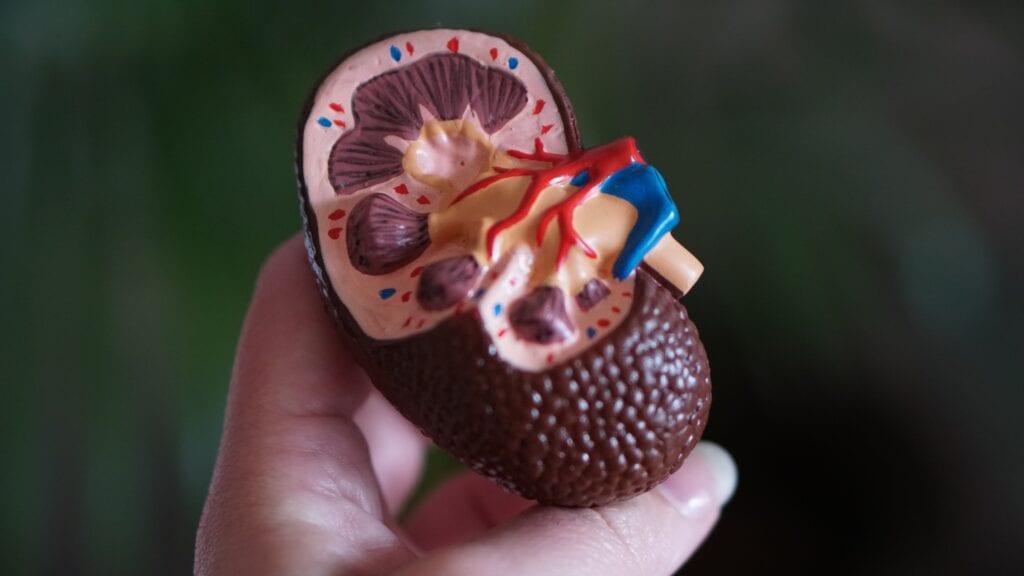Ultomiris, a product of Alexion Pharmaceuticals, has recently been studied in a Phase 3 clinical trial. This study was intended to ultomiris’ effect on life-threatening complications of atypical hemolytic uremic syndrome (aHUS). The results have proven that this treatment is both effective and safe.
About aHUS
aHUS, or atypical hemolytic uremic syndrome, is a kidney function disorder that affects two of every million people in the United States. It affects females more than males, as it is often brought on by pregnancy. People are genetically predisposed to this condition, so a trigger, like pregnancy or the flu, causes the onset of symptoms. These include fatigue, irritability, lethargy, blood in the urine, high blood pressure, hemolytic anemia, thrombocytopenia, and acute kidney failure.
A diagnosis comes from a clinical evaluation, in which doctors will look for kidney dysfunction, a low platelet count, a family history of this syndrome, and hemolytic anemia. After a diagnosis is confirmed, treatment consists of blood transfusions, drugs that expand the blood vessels and control blood pressure, plasma therapy, dialysis if needed, platelet transfusions, the balance of electrolytes and nutritional fluids, and eculizumab.
About the Study
This trial evaluated the safety and effectiveness of ultomiris, a monoclonal antibody that binds to and blocks the activity of the C5 protein. This helps to treat aHUS, as the C5 protein plays a role in the destruction of red blood cells.
The study, called aHUS-311, included 56 adult participants (49 completed treatment) who were all given ultomiris through an IV. The first day saw dosage based off of body weight, which was followed by a maintenance dose at day 15. For every eight weeks after, a maintenance dose was given as well.
The primary goal of the study was to achieve a complete thrombotic microangiopathy (TMA) response, which occurs when platelet and LDH enzyme levels return to normal levels, and kidney function improves by 25%. This goal was met, as 53.6% of participants reached a complete TMA response. Even more patients, 83.9%, saw normal platelet levels, and 76.8% reached normal LDH numbers. In terms of kidney function, 58.9% experienced a 25% increase in kidney function.
Adverse effects occurred, but none were unexpected. They included headache, diarrhea, and vomiting in a third of participants. About half of those enrolled in the study saw more serious events, including pneumonia and high blood pressure.
Ultomiris has already been approved by the FDA for the treatment of aHUS in those who over one month of age. This trial shows that it is a viable and life-saving option for those affected by aHUS.







